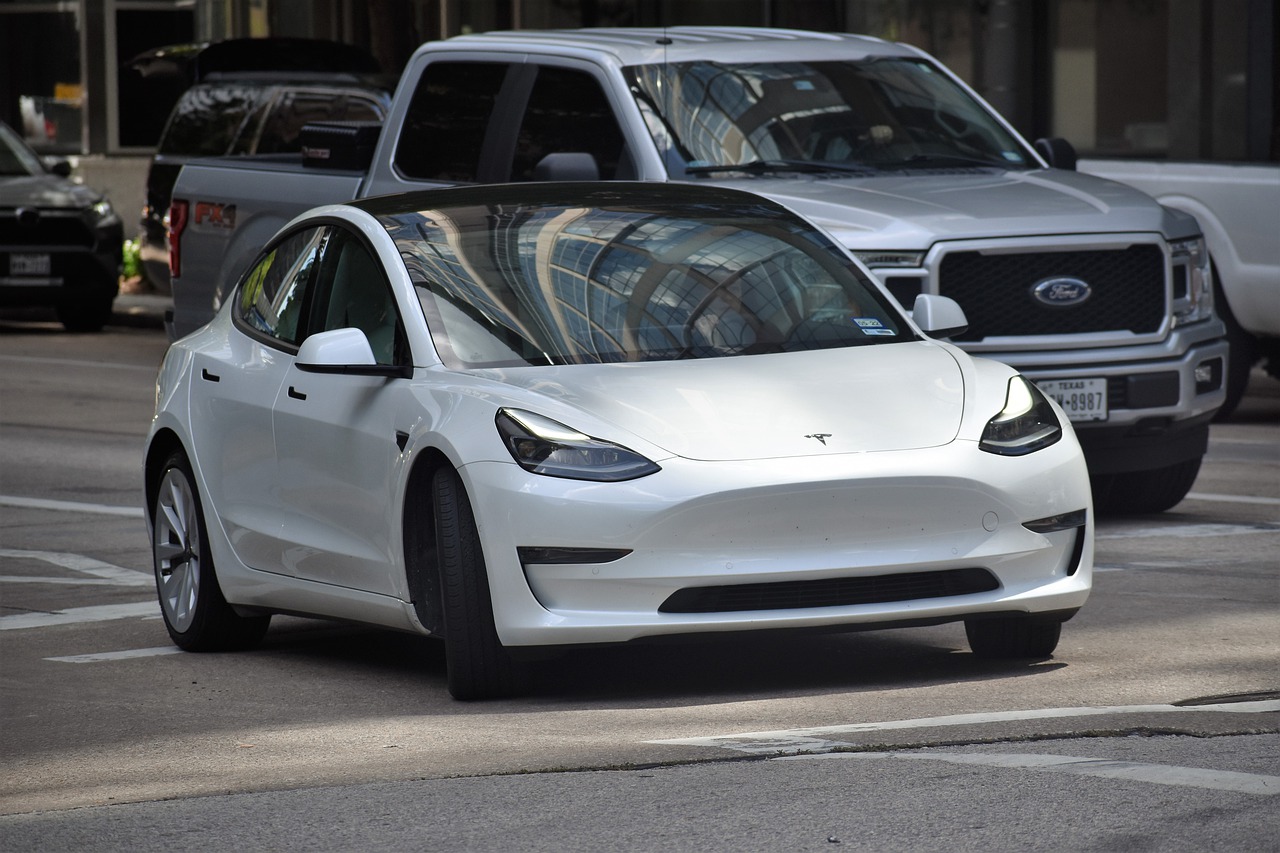Tesla, the electric vehicle manufacturing powerhouse, has become a thorn in the side of the highly lucrative car dealership industry with its unconventional direct sales model. Historically, Americans aren’t known to be hagglers except when it comes to buying cars, a process that is often steeped in drawn-out negotiations. Economists have long been critical of the traditional dealership model, and customers have expressed distaste for it as well. Despite this, the model endures, thanks to state dealership franchise laws that have been in place for decades.
Historical Context: Dealership Laws and Their Evolution
Since the 1930s, car manufacturers have been obliged by law to sell and service their vehicles through franchised dealerships. This system provided automakers with a consistent cash flow for manufacturing new cars, and dealerships could then profit from selling these cars. While these laws were initially implemented to protect small, local businesses from the monopolistic practices of the “Big Three” automakers – General Motors, Chrysler, and Ford – the current automotive landscape looks drastically different.

Presently, many dealership groups are wealthy corporate entities, with the top 10 American dealership groups generating approximately $100 billion in annual revenue. In response to the shift in power dynamics, these dealerships have been fiercely protective of the laws that keep the franchise model in place, arguing that they benefit consumers by offering competitive prices, facilitating test-drives, and simplifying the buying and registration process.
However, critics, including economists and consumers, counter this perspective, claiming that dealerships introduce unnecessary middlemen, employ high-pressure sales tactics, and tack on exorbitant fees. These critics argue that the purported competition among dealerships is undermined by state laws granting dealers exclusive rights to sell specific car brands within certain territories.
Tesla’s Unique Approach: Direct-to-Consumer Model
Tesla, having entered the market in 2013, stands as a glaring exception to this rule in many states. Through a direct-to-consumer model, Tesla has demonstrated that auto manufacturers can sell and service their own vehicles effectively, much to the chagrin of traditional car dealerships. Buyers can view Tesla’s vehicles in showrooms before making purchases online, effectively reducing interactions with salespeople and eliminating haggling.
Unsurprisingly, Tesla’s model was met with resistance from traditional dealerships, sparking legal battles across the country. While the struggles continue, almost half of the states have relaxed their direct sales restrictions for EVs.
Other EV manufacturers, such as Rivian, Lucid, and Polestar, have also adopted direct-sales models, prompting legacy automakers to consider similar strategies for their electric fleets. For example, Ford recently indicated that it might sell its EVs at fixed, non-negotiable prices. Similarly, Mercedes-Benz and BMW have been exploring an “agency” model, where cars can be bought online from the manufacturer and picked up at the dealer, in Europe.
However, these changes are met with resistance from dealership lobbyists, who fear the potential disruption of their business model and have been successful in enforcing laws to protect traditional franchises. Florida’s recent legislation strengthened the ban on direct-to-consumer sales for legacy automakers while providing exceptions for EV startups like Tesla.
Looking Ahead: The Future of Auto Sales
As the US shifts towards electric vehicles, dealerships fear obsolescence and are lobbying to keep legacy automakers in the franchise dealership model. While disliked by many customers, dealerships have been successful in preserving their model through substantial political lobbying and community involvement.
Nonetheless, the direct-to-consumer trend is already happening, and a growing number of states are allowing local sales and service. The question remains whether consumers will have the freedom and convenience to maintain direct relationships with manufacturers locally or if they will have to go to another state for such an experience. Despite resistance from traditional dealerships, the tide of market forces seems unstoppable.
Disclosure: We might earn commission from qualifying purchases. The commission help keep the rest of my content free, so thank you!



